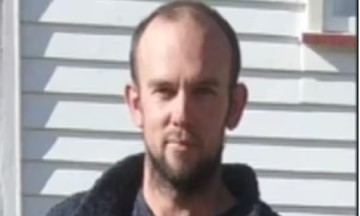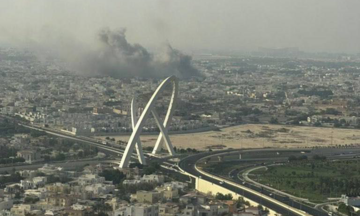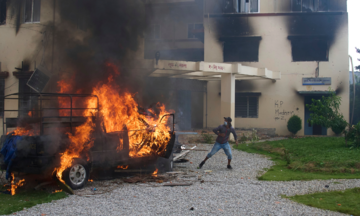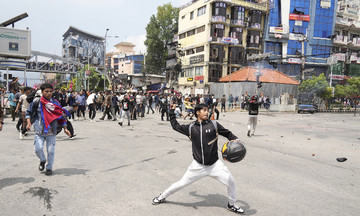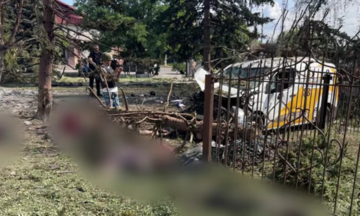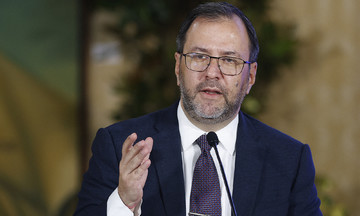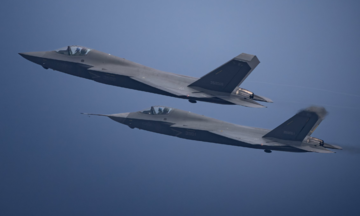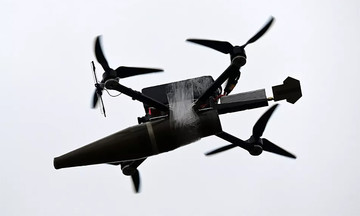"I have resigned as prime minister, effective today, to take further steps towards a political solution and address the issues," Prime Minister KP Sharma Oli said in a letter to the president on 9/9.
Oli, 73, began his fourth term last year. He announced his resignation after hundreds of protesters stormed his office. His private residence in Bhaktapur, about 13 km from the capital Kathmandu, was also set on fire by protesters.
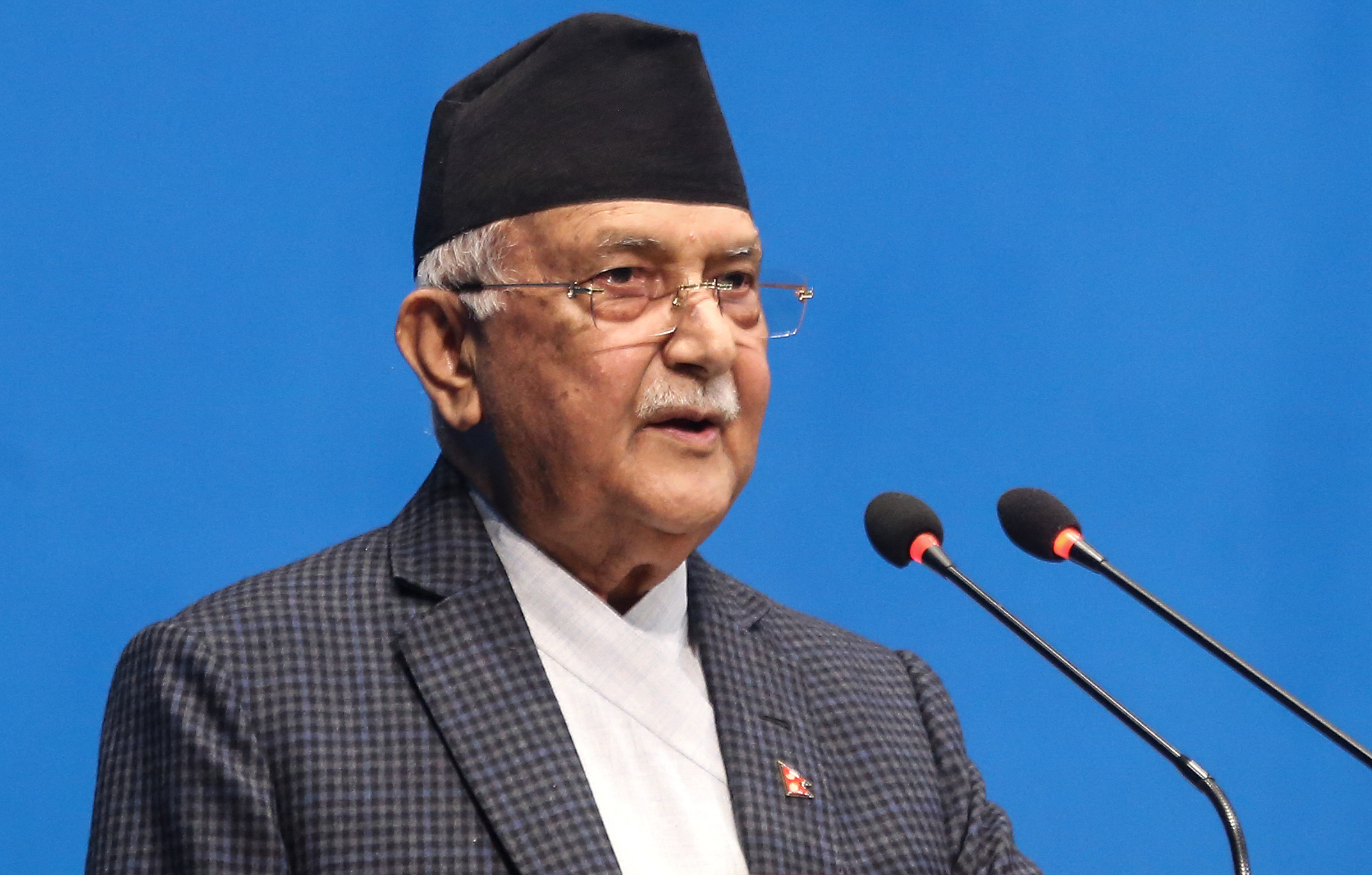 |
Nepal's Prime Minister KP Sharma Oli in Kathmandu on 29/8. Photo: AFP |
Nepal's Prime Minister KP Sharma Oli in Kathmandu on 29/8. Photo: AFP
Tens of thousands of people took to the streets of Kathmandu on 8/9 to express their anger at the government's blocking of most social media platforms, including Facebook, X, and YouTube. The government claimed these companies had not registered and complied with government oversight.
The protests were largely driven by Generation Z (those born between 1995 and 2010). The crowd surrounded the parliament building, broke through barricades, and forced riot police to retreat inside.
Police initially used tear gas and water cannons to disperse the crowd, but were overwhelmed by the sheer number of protesters. They eventually opened fire, killing at least 19 people, mostly young people, and injuring around 400.
The Nepalese government subsequently imposed a curfew around the parliament building, government offices, the presidential palace, and other key areas in the capital.
The protests continued on 9/9, despite the curfew, forcing the partial closure of the international airport in Kathmandu. A large fire broke out in the Minbhawan area, a short distance from the parliament building, sending thick plumes of smoke into the sky.
The cause of the fire is unclear, but witnesses reported clashes between protesters and police before the blaze.
Protests in Kathmandu on 8/9. Video: ANI
The Nepalese government previously stated it had repeatedly asked around 20 widely used social media platforms in the country to register with the authorities. Those that refused were blocked last week. TikTok, Viber, and three other platforms registered and continued to operate uninterrupted in Nepal.
Huyen Le (Reuters, AFP, The Hindu)



